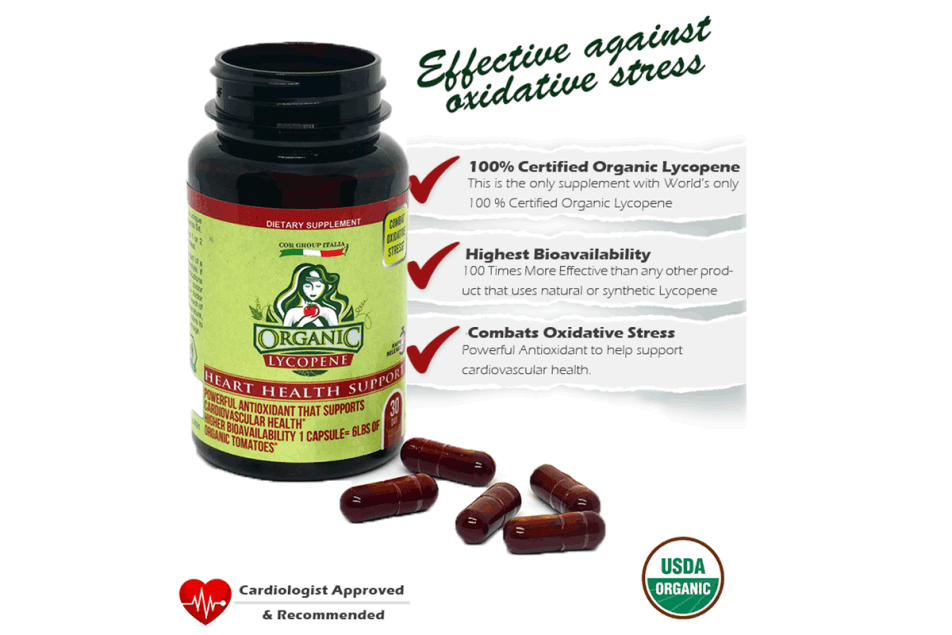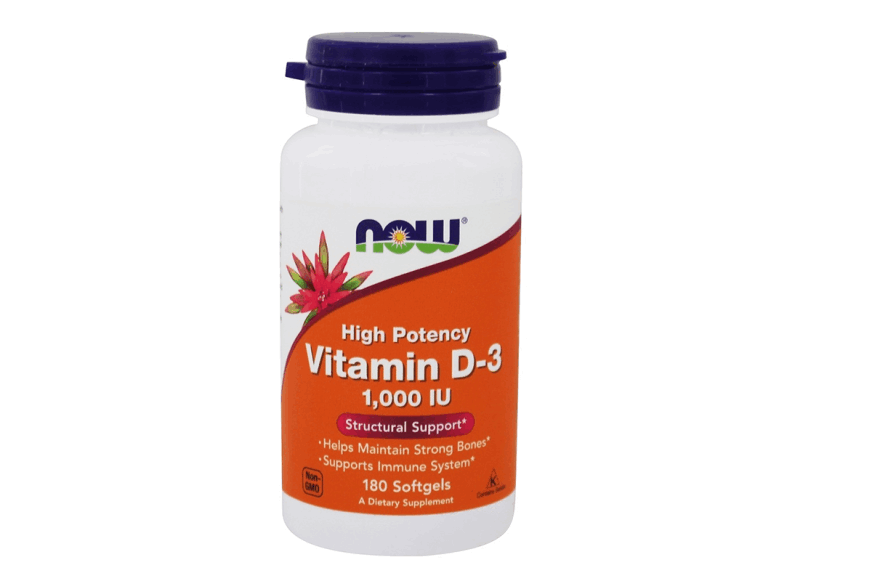
Reduce Oxidative Stress
Help boost your Immune system with organic lycopene by reducing oxidative stress.
$29.95

Help boost your Immune system with organic lycopene by reducing oxidative stress.
$29.95

All sites you make with Mobirise are mobile-friendly. You don't have to create a special mobile version of your site.

Mobirise offers many site blocks in several themes, and though these blocks are pre-made, they are flexible.